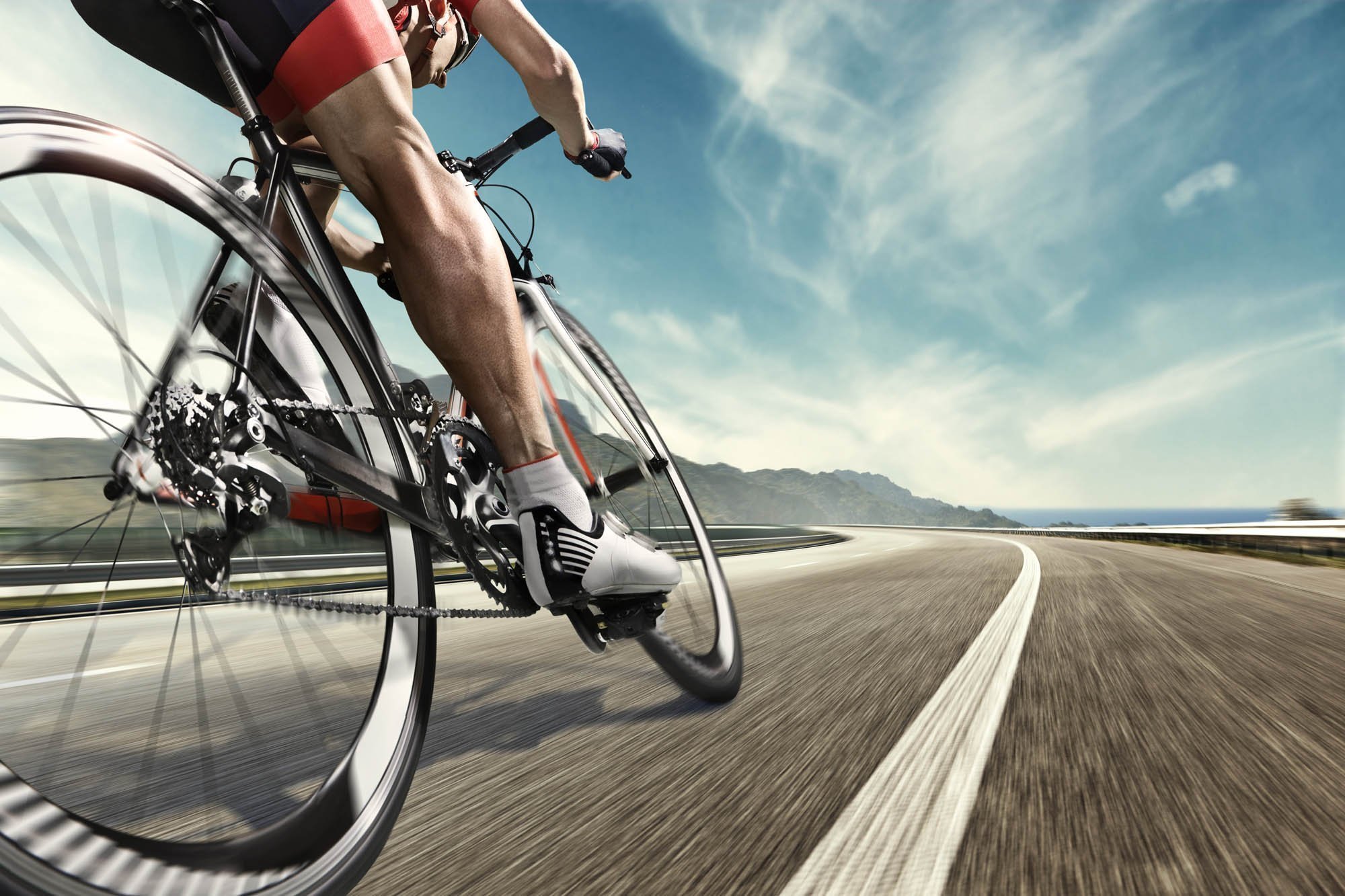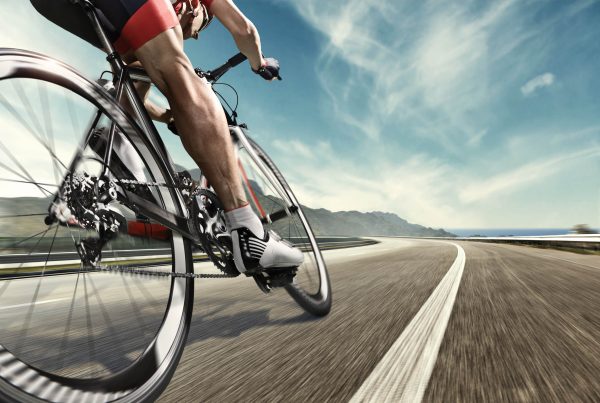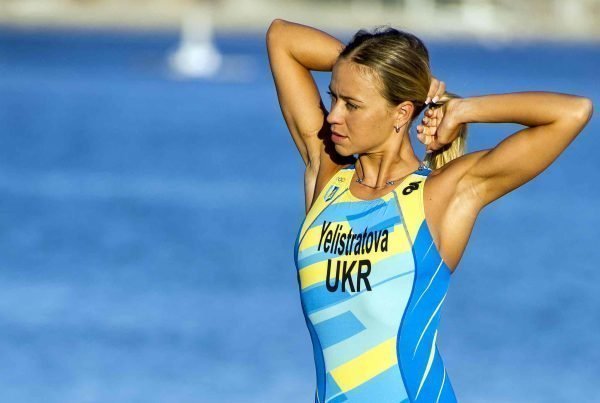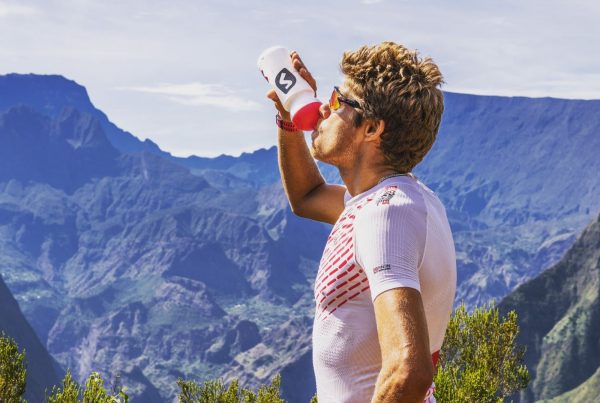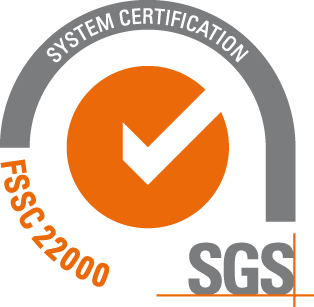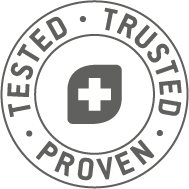Nutrition in a triathlon training camp: best practice tips by Ruedi Wild
Pro triathlete Ruedi Wild has been a top athlete for over twenty years. On his way to countless national and international podiums as well as World and European Champion titles, the Swiss professional athlete has gained a lot of experience when it comes to perfect nutrition. Some of his insights gained and very personal tips for nutrition in the training camp:
Losing weight
One thing ahead: training camps make me losing weight! So far, I have never come back from the training camp with less weight on my body than before, never. This, although it was not uncommon to have more than 40 hours per week. In my opinion and experience, the weight is generally much more dependent on the nutrition and its quality than on the amount of training. The training camp is not the time to lose weight, but to train optimally!
General nutrition in a training camp
In the training camp I pay attention to good, high-quality food despite high energy consumption. I prefer to eat unprocessed food such as vegetables, meat, salads and high-quality fats (e.g. olive oil, nuts). In addition, there is a higher proportion of carbohydrates in the form of rice or potatoes. Whenever possible, I do without the added sugar in the basic diet. I avoid all sweetened yoghurts, soft drinks, supposedly «healthy» fruit juices and desserts with a high sugar content. The same goes for canned fruits. They all have no effect on my satiation, but on the contrary: further hot hunger far beyond the required amount of energy and associated with it a worse recovery due to increased inflammatory markers in the blood, fatigue and a strongly fluctuating blood sugar level, which is either too high (fatigue) or low (hunger). For many years I had difficulties sleeping through due to my high sugar consumption. A sudden hunger pause at night was the rule rather than the exception. Therefore, I practically always had an «emergency snack» on my bedside table.
Not only in the training camp, but also in everyday life I pay attention to a sufficient Omega-3 fatty acid consumption. The many positive health effects have been scientifically confirmed for several years. I notice well that the hardenings in my musculature decrease immediately and lastingly. I personally am very happy with the new OMEGA-3 Plus from SPONSER! A supplement with a neutral taste of its own, if you may say so for Omega 3. Finally, I do not need to swallow tons of capsules anymore.
Travelling
Travel means stress and also strains my immune system. Several times I became ill either on the outward or return journey and whereby the training camp effect evaporated immediately. The last days before departure are usually very stressful and everyday life is dominated by packing and all the pending things that have to be done at the last minute. On the return journey the body is stricken by the higher training volume. I made good experiences before and during the trip with higher protein consumption and IMMUNOGUARD from SPONSER to strengthen my natural defences. Tip: When travelling, be sure to take disinfectants with you and use them regularly!
The quality of the food on the plane is usually not too high and the whole trip almost always takes longer than intended. Therefore, make sure you take precautions yourself! My most popular snacks and faithful companions on trips are the LOW CARB PROTEIN BARS. Tasty and with a lot of protein, but practically sugar-free and well satiating.
Regeneration
The more I train, the more specifically and better I have to recover in order to achieve the desired effect. In addition to a high-quality basic diet, I pay attention to a regular and sufficient protein intake. Especially during the days when I skip lunch because of the long bike ride, I make sure that I have a good and sufficient source of protein. Carbohydrates can be found practically everywhere, even with coffee and cake.
I therefore try to take at least one serving of 20-25g protein every four hours. In everyday nutrition I can usually cover this with the basic food. In the training camp, however, I do not manage this so easily, because I usually have lunch on the bike due to the higher training volumes. I prefer to take a high-quality protein bar (PROTEIN 36 BAR), in addition mostly amino acids (AMINO 12500, BCAA or AMINO EAA), about every two hours on the bike. Back in the room I immediately consume a portion of protein in the form of a regeneration product. Mostly the PRO RECOVERY (if following a training) or the MULTI PROTEIN (without following a training) is used. Before going to bed it is also an ideal time to take the protein again, as the recovery phase runs at full speed overnight. The CASEIN (night protein) is used at home and without limitation by the luggage. MULTI PROTEIN (with a high casein content) is also an ideal solution for training camps. Mixed with milk, it is also a tasty dessert.
With the correct and regular consumption of protein, I feel a striking difference in my state of recovery during the training camp. In addition, I am less dependent on the protein sources at the buffet, which often do not meet my expectations from a qualitative point of view.
Situational energy supply
The training camp is not the right time to acquire the competition weight! Rather, it is in my foreground to get through the desired training workload well and successfully. This is only possible if I take good care of myself and recover.
Especially during long and hard training sessions I pay special attention to the food. I make hard units with sufficiently filled carbohydrate stores. In units of 3 hours and longer I always consume at least one protein source to protect my muscles from the energy deficit and the self-cannibalization (muscle breakdown). I adapt the energy in the form of carbohydrates to the intensity and the training intention. The higher the intensity, the more carbohydrates per hour. I also consciously make the loose units with reduced carbohydrate intake in order to optimize my fat metabolism. Nevertheless, I take in enough carbohydrates that I can complete the unit without compromises.
Buffet and snacks
In my younger years, I often avoided snacks between meals and went to the evening «battle» at the buffet with hot hunger. This is of course unfavourable for various reasons. On the one hand, the body was in a catabolic, degrading state with deteriorated regeneration for a longer time, on the other hand, I still ate much more energetically than intended at the end of the day. I went to bed exhausted and with a full stomach, only to wake up a few hours later with starvation.
Nutrition during long bike rides
During the long bike rides in the basic area I prefer to eat solid food. Especially the OAT PACK BAR and the HIGH ENERGY BAR SALTY NUTS are my favourites as tasty sources of carbohydrates. Because of all the sweating, water is not optimal over the long term, as important electrolytes such as sodium are washed out. That’s why I always have a few ELECTROLYTE TABS in my bike bag with me, so that every water bottle can be easily and practically converted into a (energy- and sugar-free) sports drink when you refill it.
I mainly use carbohydrate- or energy-rich electrolyte drinks for more intensive units, as chewing is difficult here, or for particularly long trips. LONG ENERGY 10% is at the top of my list because it contains 10% protein in addition to the acid-free (and therefore tooth-friendly) carbohydrate solution.
Tiredness and mental support
With increasing training camp duration, fatigue inevitably increases more and more. My motivation correlates with this. Therefore, I always have a few ACTIVATOR caffeine ampoules in stock. These work wonders during long training days or during hard interval trainings. Low motivation can turn into training euphoria within minutes! I try to use ACTIVATOR in doses, because in the medium term it is important to follow the signals of the body.
My packing list for the training camp
- LOW CARB PROTEIN BARS: Travel and as a snack between meals
- PRO RECOVERY: Regeneration
- MULTI PROTEIN: Swiss protein powder. Increased protein requirement, regeneration, night protein
- PROTEIN 36 BAR: Protein snack during the day and the bike ride
- AMINO 12500, AMINO EAA, BCAA: Protein requirement during exercise, recovery
- LONG ENERGY 10%: Energy drink for training
- ELECTROLYTE TABS: (Nearly) energy-free drink for increased electrolyte requirements
- OAT PACK BAR, HIGH ENERGY BAR: Tasty solid food and carbohydrate source
- ACTIVATOR: Extra motivation for hard and long training days

